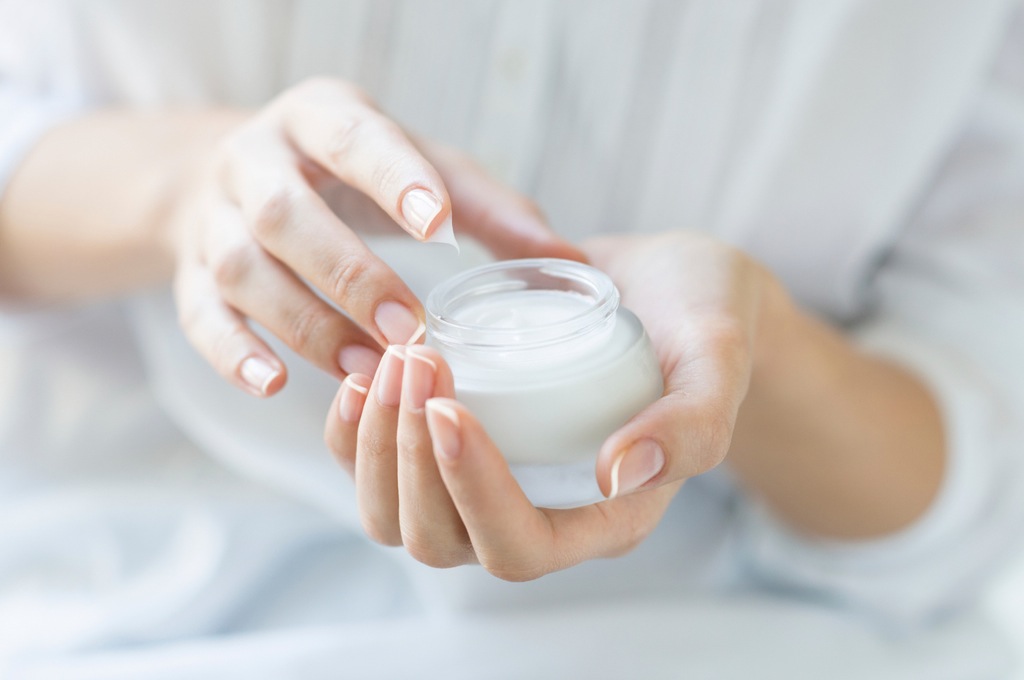Taking a trip to the local drug or department store to purchase “anti-aging” skin care products can be overwhelming. With so many products to choose from, making an educated decision on the right one can be tricky. A good skin care routine often combines several products that address specific issues seen with age and sun damage, such as brown spots, dullness, and fine lines.
But how does one figure out which combination of products is best? Here are four ingredients to look for as you create a customized, anti-aging skin care routine.
Retinoids
Out of all of the “anti-aging” ingredients available on the market today, prescription-strength retinoids (Retin A, ReFissa, Renova, Tretinoin to name a few) are scientifically proven to improve skin wrinkling, brown spots, and dullness. Skincare products with retinoids can be irritating for some skin types, but retinol is the less-aggressive cousin of prescription-strength Retin A and also has scientific evidence to prove its effectiveness. These creams are best started once every other night and a small amount used on the whole face. It’s important to use a moisturizer while the skin gets used to the retinol in the first two weeks of use. When I see patients in my practice, I typically get started with an over-the-counter retinol product at night then slowly increase the strength over time until they are using a prescription.
Glycolic acids
Glycolic acids encompass a family of gentle acids that help to remove dead skin leading to enhanced exfoliation. As we age, the skin’s ability to naturally exfoliate itself slows down leading to dull, shallow-looking skin. Products containing glycolic acids help the skin to recover a healthy glow and luminosity.
Anti-oxidants
Anti-oxidants are a group of ingredients that have been shown to modestly protect the skin from environmental stress to reduce inflammation and possibly help slow the aging process. The most well-known in this category is vitamin C. However, vitamin C is an unstable ingredient on its own, so look for products that have other ingredients, such as vitamin E or ferrulic acid, to help stabilize the C and get the most potent anti-oxidant formulation.
Peptides
Peptides are the molecular building blocks of proteins. Some peptides have been shown to gently stimulate collagen production. Although not as potent as a retinoid, peptides are not irritating, which makes them an ideal ingredient as an alternative to retinols for people with sensitive skin.
In my own practice, I usually recommend a combination of an anti-oxidant serum under sunscreen (a good skin care routine uses a product with SPF every day) in the morning and alternating retinol and glycolic creams at night. For a sensitive skin patient, I’ll recommend a gentle glycolic cream to alternate with a peptide cream at night. Using this combined approach on an alternating night basis, the skin reaps the advantages of the different ingredients without excessive irritation from layering too many products on the skin at one time.
Dr. Elizabeth Tanzi is Founder and Director of Capital Laser & Skin Care and Clinical Professor of Dermatology at the George Washington Medical Center.




















